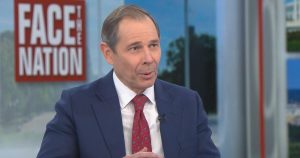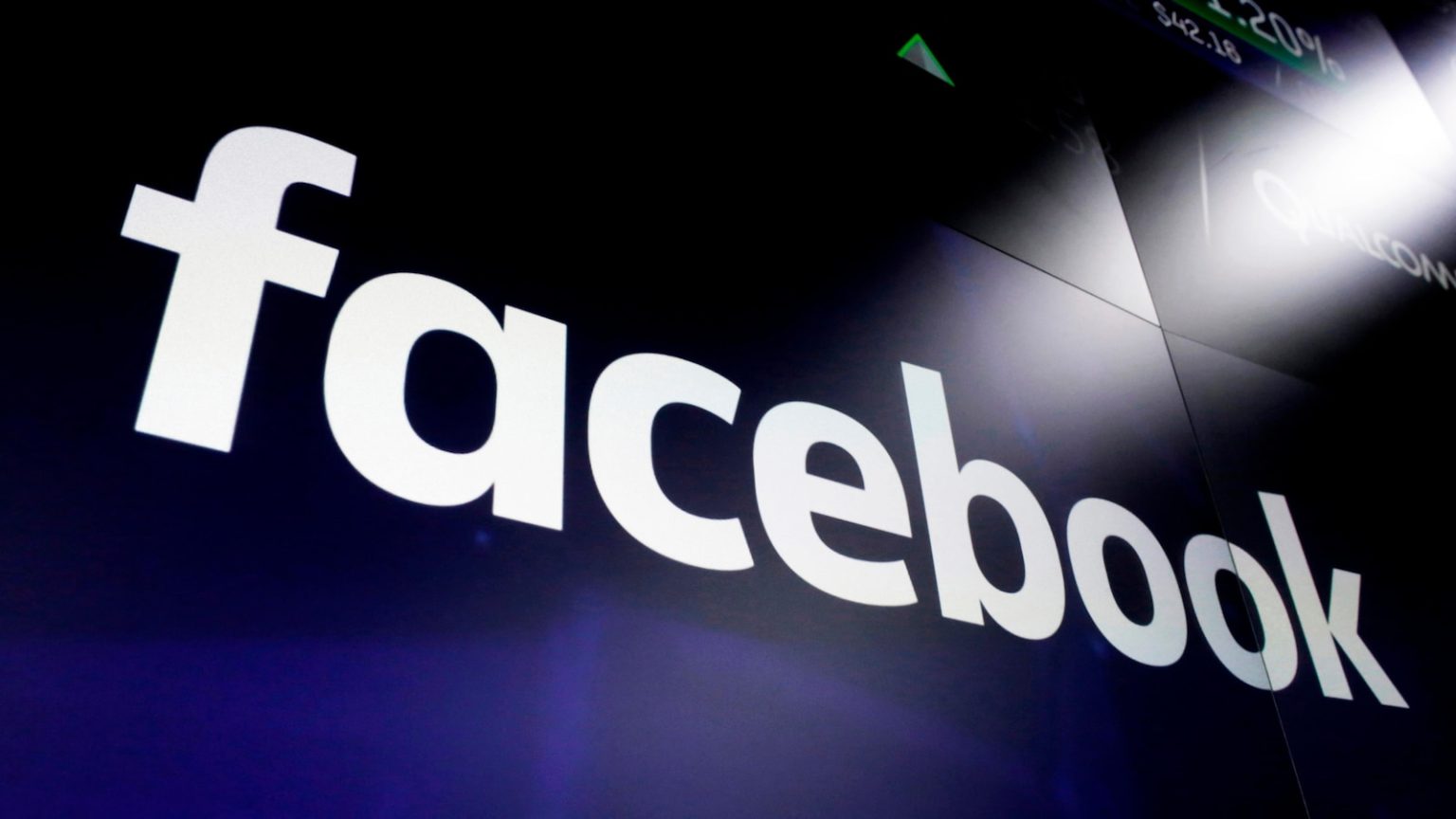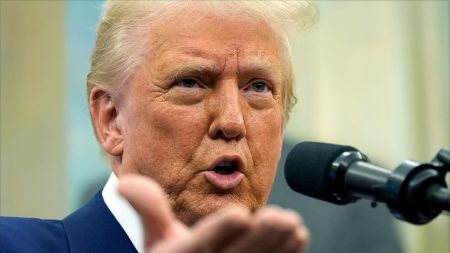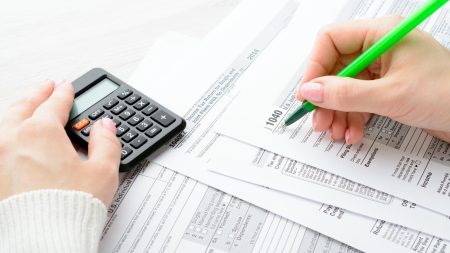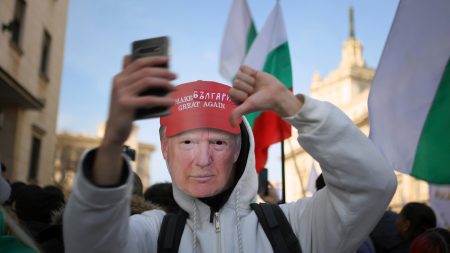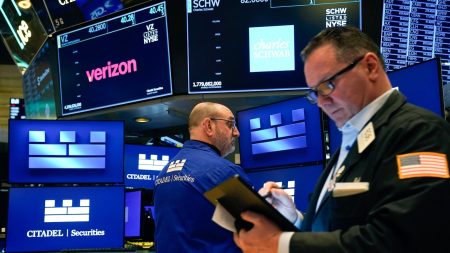The Fading Voice of Free Speech in Vietnam: A New Era of Censorship
In December 2023, the Vietnamese government introduced Decree 147, a controversial new regulation that significantly tightens control over social media platforms and their users. This measure has been described as a direct attack on free speech, granting authorities unprecedented powers to suppress dissent and monitor online activity. According to a recent analysis by The 88 Project, a human rights organization focused on Vietnam, the decree is part of a broader effort to stifle criticism of the government and the ruling Communist Party. By requiring social media companies to comply with strict new rules, the Vietnamese government aims to further restrict the flow of information and silence those who challenge its official narrative.
The Tools of Control: How Decree 147 Works
Decree 147 introduces several measures designed to curb free expression and empower authorities to track and punish critics. One key provision requires social media users to verify their accounts using phone numbers or national ID cards, which can be demanded by the government at any time. This effectively removes anonymity, making it easier for authorities to identify and target individuals who post content deemed critical of the regime. Additionally, the decree mandates that social media companies operating in Vietnam must store user data within the country, giving the government direct access to sensitive information.
The decree also prohibits citizens from engaging in "citizen journalism" or sharing information about suspected government wrongdoing. Social media platforms are now required to remove posts deemed illegal within 24 hours, and they must provide authorities with access to their internal search engines to help identify offending content. These measures not only empower the government to control the narrative but also create a climate of fear among users, discouraging them from speaking out on sensitive issues.
The Chilling Effect: Self-Censorship and the Silencing of Dissent
The impact of Decree 147 is already being felt across Vietnam. Researchers have noted a decline in political posts and discussions on social media platforms, as users increasingly practice self-censorship to avoid attracting the attention of authorities. This "chilling effect" is not new; in recent years, the Vietnamese government has imprisoned or forced into exile many prominent independent journalists, activists, and dissidents. The disappearance of these voices has left a void in the public discourse, discouraging others from speaking out.
According to Ben Swanton, one of the authors of The 88 Project’s analysis, "Decree 147 is designed to turn this chilling effect into an icy stranglehold on free speech." The decree essentially criminalizes any challenge to the government’s official narrative, whether it involves exposing corruption, criticizing policies, or sharing alternative viewpoints. This has left many Vietnamese citizens feeling powerless to express their opinions, even as social media remains a primary source of news for millions of people in the country.
A Surveillance State: Tracking Users and Silencing Critics
The implementation of Decree 147 has also raised concerns about the Vietnamese government’s growing ability to surveil its citizens. The requirement for users to verify their accounts with phone numbers or ID cards eliminates anonymity, making it easier for authorities to identify and target critics. In some cases, the government has already demonstrated its willingness to use these tools aggressively. For example, in June 2023, police in one province tracked down members of a Facebook group that had shared information deemed hostile to the state. Officers visited the homes of 20 individuals and demanded they leave the group. Such actions highlight the potential for widespread abuse of the new regulations.
The decree also empowers authorities to go after not just those who create content but also those who consume it. This creates a situation where even passive engagement with certain kinds of information can lead to repercussions. As The 88 Project’s report notes, the new measures will make it easier for the government to identify and suppress groups or individuals who challenge its authority. This has profound implications for dissent in Vietnam, where the space for free expression is already severely limited.
The Role of International Community and Social Media Companies
The introduction of Decree 147 has sparked calls for social media companies and the international community to take action. The 88 Project has urged platforms like Facebook, TikTok, and YouTube to resist complying with provisions of the decree that violate free expression rights. However, it remains unclear whether these companies will push back against the new regulations. While TikTok and Facebook declined to comment on their plans, other platforms like X (formerly Twitter) and Google, which owns YouTube, did not respond to requests for information.
The international community, including the United States and the United Nations, is also being called upon to pressure Vietnam to repeal the decree. Human rights advocates argue that Decree 147 is part of a broader pattern of repression in Vietnam, where the government routinely jails critics and silences dissent. In recent months, high-profile cases have underscored the dangers faced by those who speak out. For instance, a prominent Vietnamese blogger was sentenced to 12 years in prison for exposing corruption, while a lawyer received a three-year jail term for criticizing a former top judge on Facebook.
The Fight for Freedom in a Digital Age: A Call to Action
The implementation of Decree 147 represents a significant escalation in Vietnam’s efforts to control the narrative and suppress dissent. As social media continues to play a critical role in the lives of millions of Vietnamese citizens, the measures outlined in the decree threaten to undermine the last remaining spaces for free expression in the country. The international community and social media companies must take a stand against these oppressive measures, championing the rights of users to express themselves freely and access information without fear of reprisal.
At the same time, the Vietnamese government must be held accountable for its actions. The jailing of critics, the surveillance of citizens, and the censorship of online content are all clear violations of fundamental human rights. Decree 147 is not just a tool of control; it is a symbol of a government that fears the power of its own people. The fight for freedom of expression in Vietnam is far from over, but it is a battle that must be won if the country is to embrace the values of democracy and open dialogue in the digital age.

